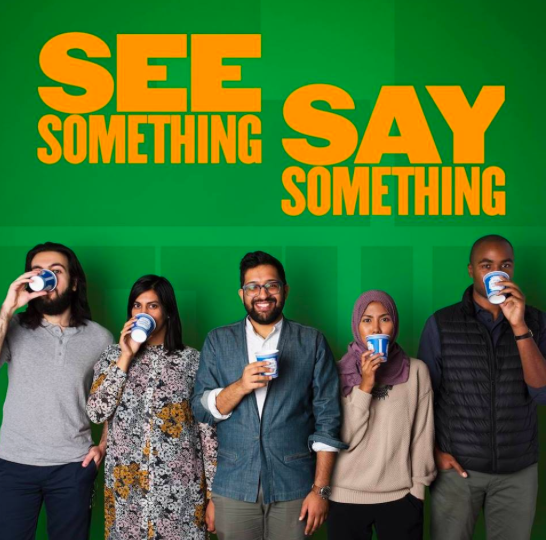The Black experience at predominantly white institutions (PWI) is challenging to navigate. If you aren’t part of an organization, trying to find the right group of people can make you feel isolated among 38,000 students. Even when you’ve mastered the skills of the ‘social butterfly,’ it remains hard to establish a community when you feel like an outsider. Universities carry the responsibility of establishing strong communities that foster and care for students, faculty and staff.
In a room full of white faces, Black students face a silent struggle. Being surrounded by people that don’t look similar to you can feel alienating, almost like you don’t belong. A sense of belonging is something that humanity has always craved. Social interconnectedness is crucial to our state of well-being. Community is a basic human need.
So in honor of Black History Month, I decided to check in with some of our fellow Black faculty, staff and students to get their thoughts on how NC State has been helping to build and retain the Black community on campus. My first stop, of course, was the African American Cultural Center (AACC).
Immediately, I was greeted with a big smile from Brionna Johnson, the AACC Library Coordinator. Johnson proudly represented the AACC, saying that everyone has the common goal of making our Black and Brown students feel safe and heard, “We’re talking about Black history, talking about world building, talking about dreaming, talking about Black futures. And it’s not just during Black History month, it’s all day, everyday in the AACC,” Johnson said. She expressed her gratitude for her colleagues, saying that she felt affirmed in being a Black woman because she works alongside many other excellent Black women, “There are some workspaces that you go into and you are singled out or you are other because you are the only black woman in that space.”
Taking a step out of the AACC and into Talley Student Union, I met with Black students about their personal experiences with finding a community on campus. Taylor Graha, a third-year majoring in Design, found her community with the Multicultural Design Students Association (MDSA). Although activity within this organization has slowed in recent years, Graha is looking forward to continuing in her role as an officer, facilitating the growth of relationships between students in the Design school. Building connections is not an easy task, but Graha says “we just try and connect with them just to show that hey, we’re here. If you need someone to talk to, or you want advice on portfolios, resumes, that kind of stuff.”
Emoni Small, a second year studying Psychology, described her initial experiences at State as a struggle.“In the classroom it’s a lot different… trying to find people that look like you, because they might not even be there. There’s very little of us here, to be frank,” Small said. Her first year left her feeling isolated with many questions, “How do I go up to people? How do I talk to them? How do I interact with them? How do I find these clubs and organizations that have these people of color that I can relate to?”
Small’s questions resonated not only with me, but also with Elizabeth Njoroge, a second-year studying Arts Studies. Njoroge is currently finding her community with Multicultural Student Affairs (MSA) and happy to find a place that is comforting and welcoming. However, she says that socially navigating her way through NC State has not been easy. Njoroge often pushed the limits of her comfort zone and forced herself to attend events that eventually led her to MSA. Ultimately, it was her sacrifice of comfort that led Elizabeth to grow in her identity and find a community. “It’s okay for me to put myself out there, for me to join things that maybe I never considered myself wanting to do before… if anything it’s better for me.”
It was truly inspiring to hear how members of the Black community at NC State have found their own community. Getting out of your comfort zone is a necessary step in having new experiences and making connections. So even if you’re not a social butterfly, take the next step to become the social people that we are meant to be.



